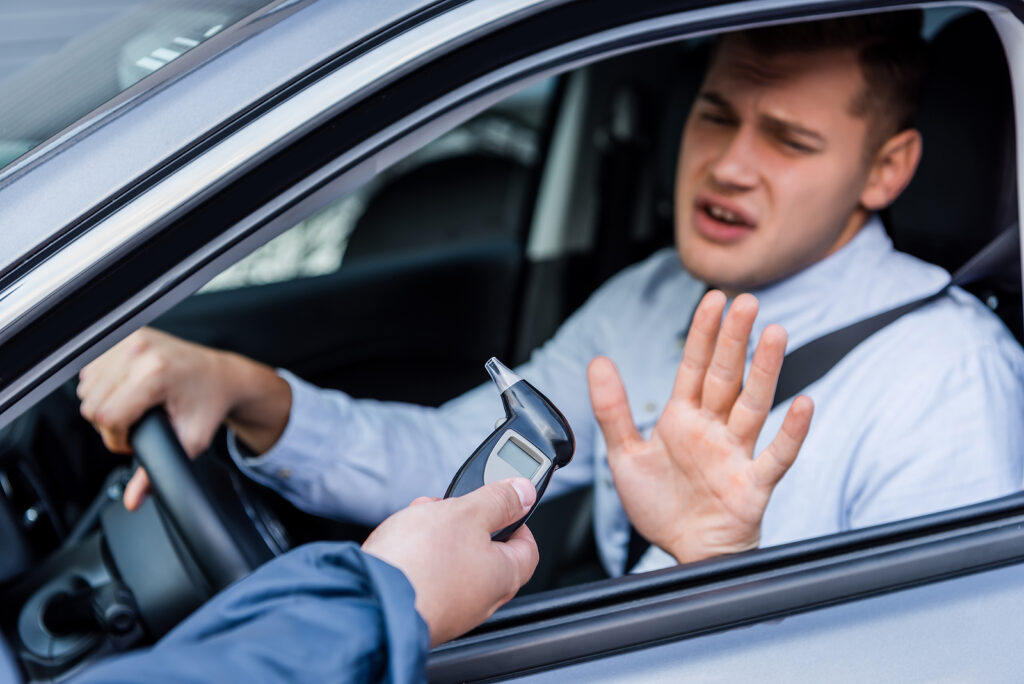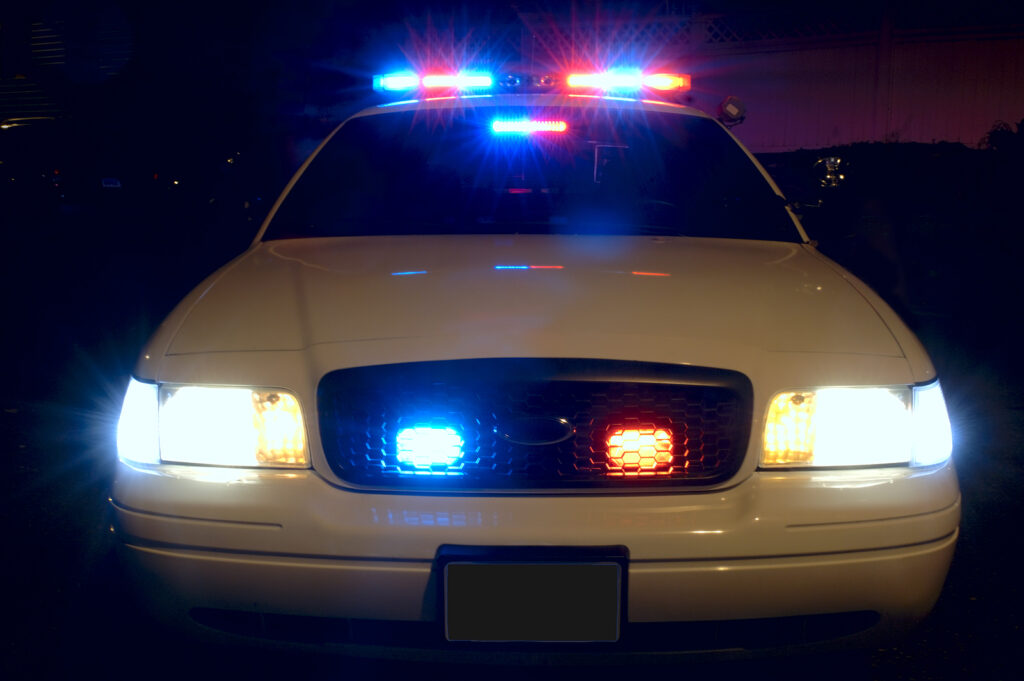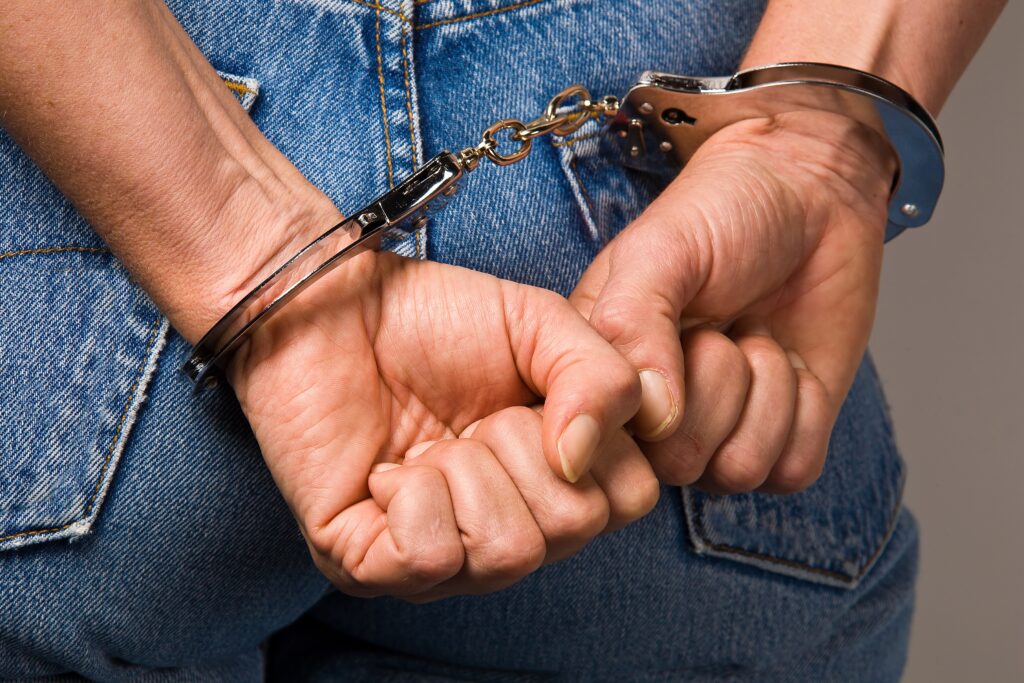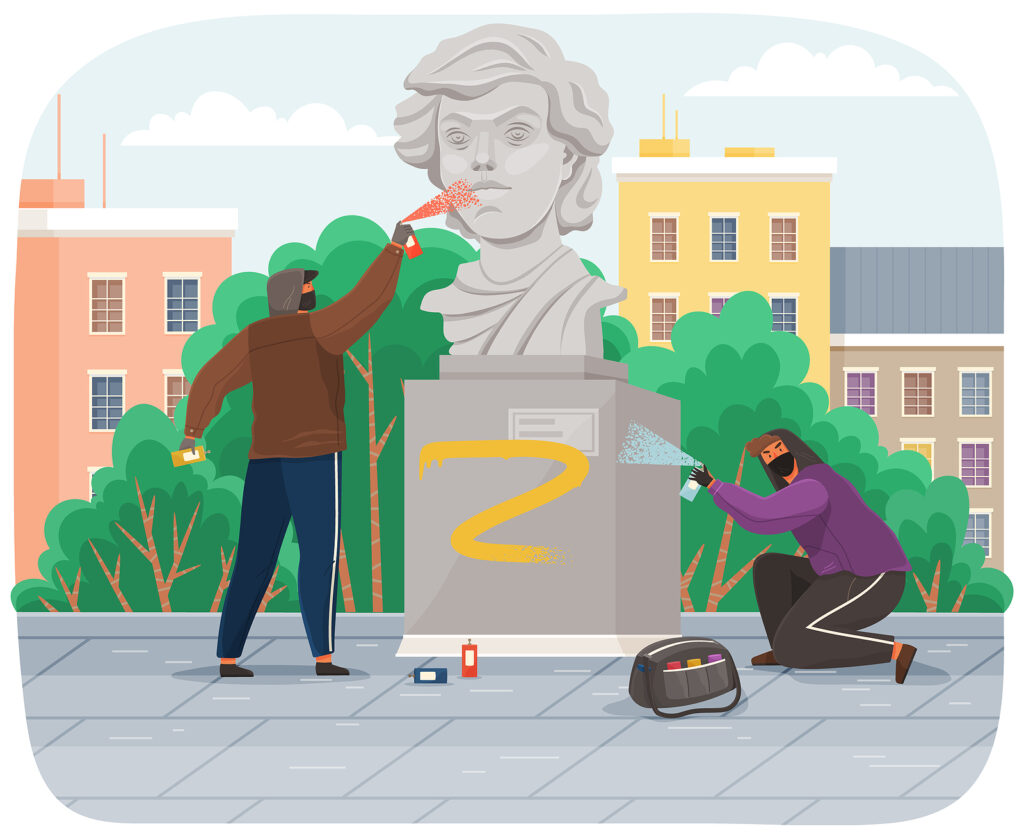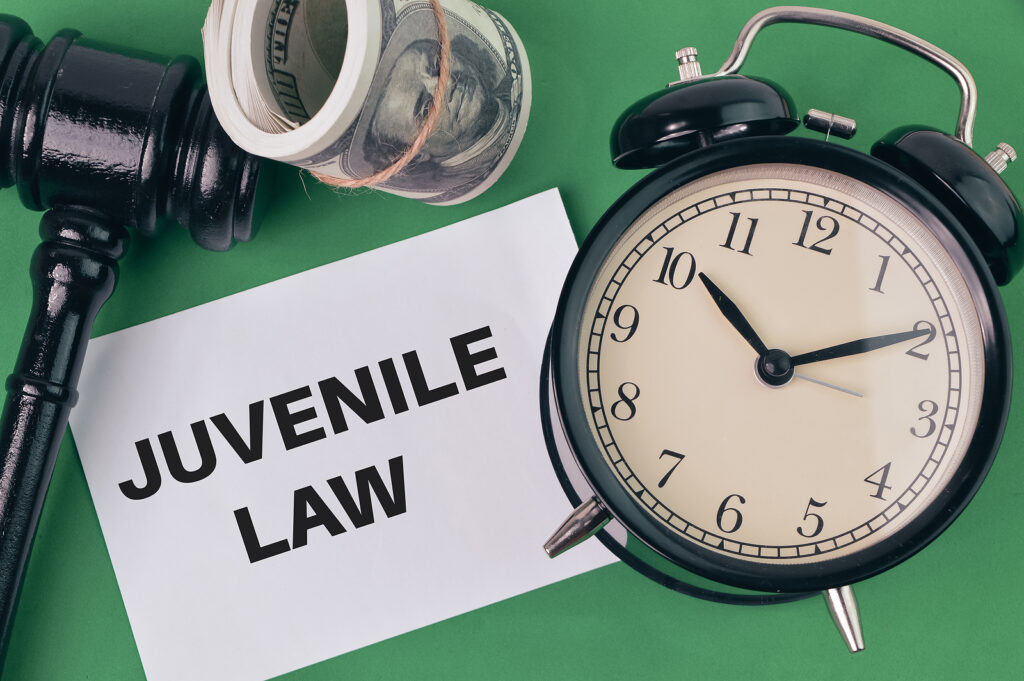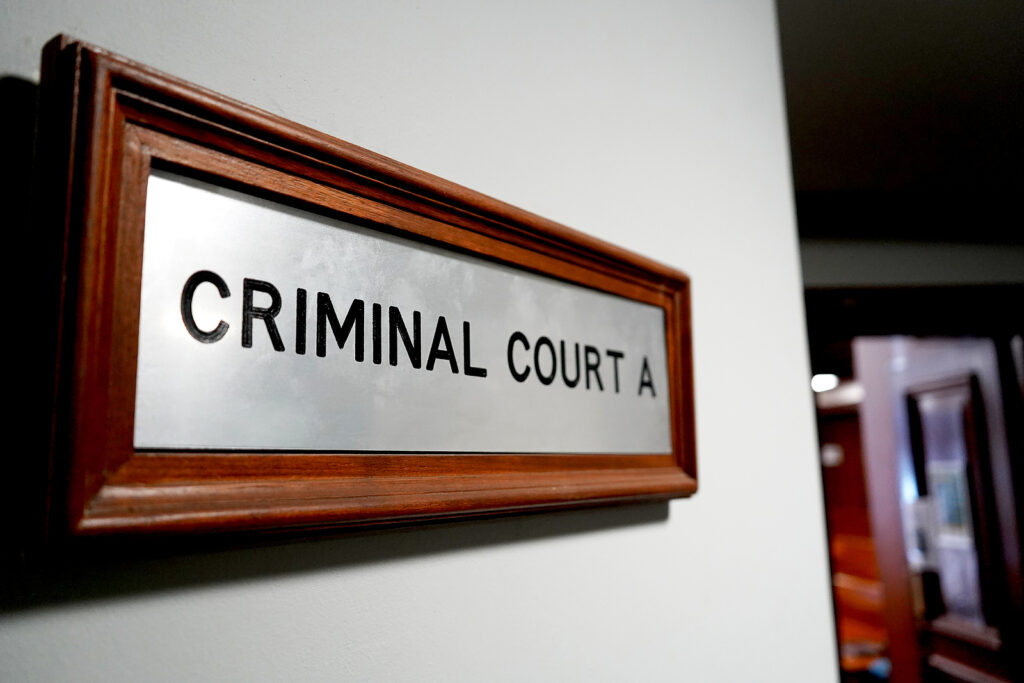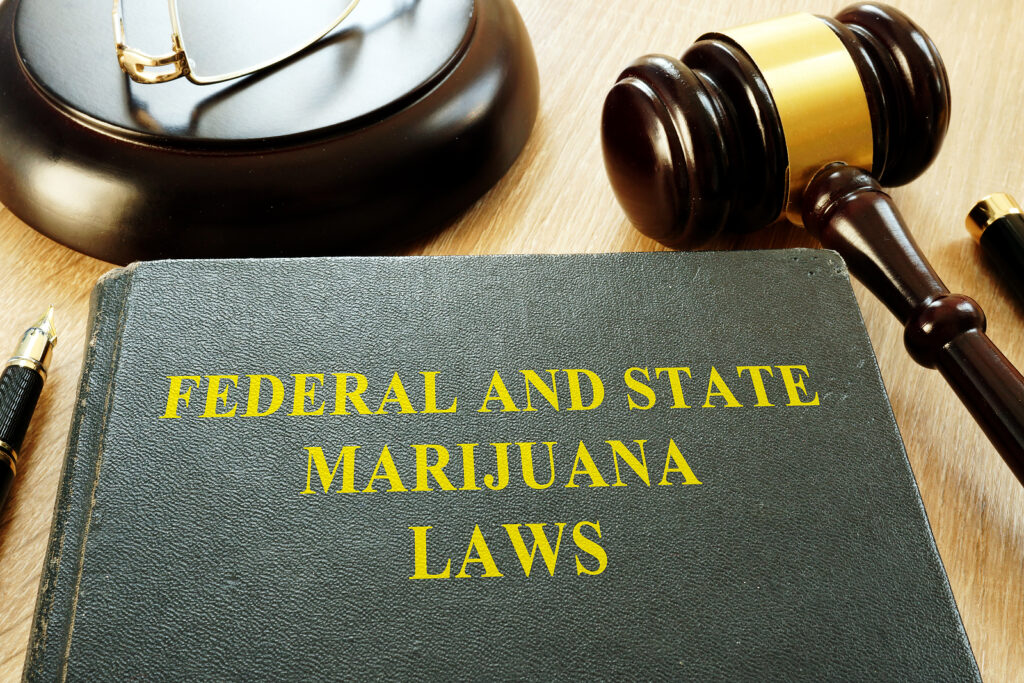Here at the Law Office of David E. Lewis, we our seasoned criminal defense lawyers in Indianapolis can ensure you avoid the maximum penalties for your federal or Indiana criminal charges. Best of all, we also provide criminal record expungement legal assistance, which means we can help you clean up your criminal history too!
Continue below to learn why you should choose David E. Lewis, Attorney at Law, and his experienced Indianapolis criminal defense legal team, to represent your criminal case in Indiana.
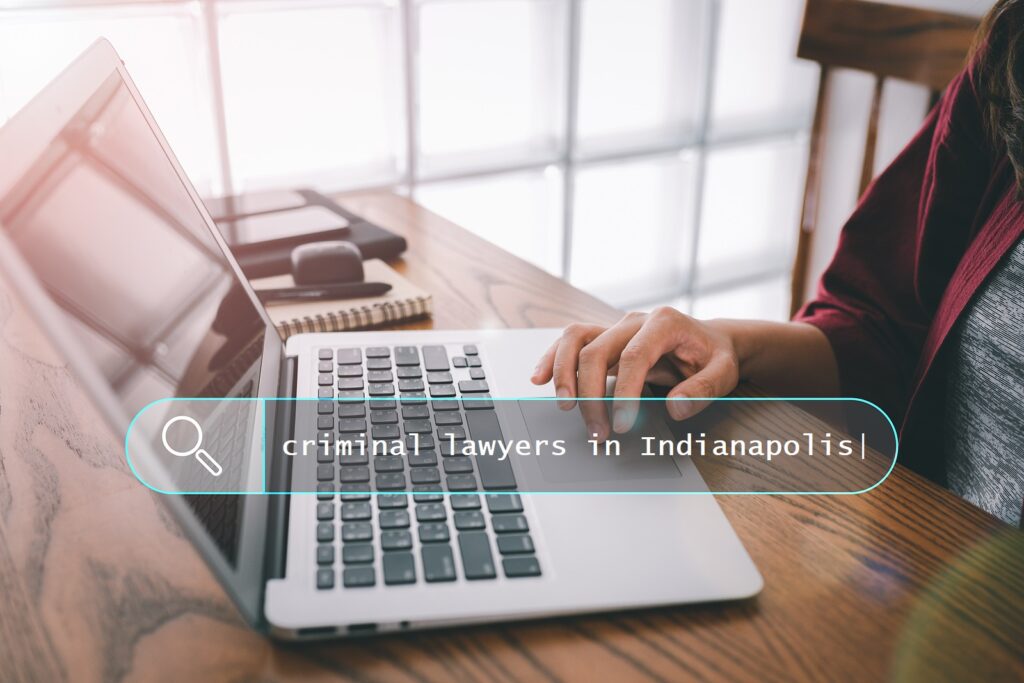
Choose an Indiana Criminal Defense Law Firm With Experience
The Law Office of David E. Lewis provides criminal defense representation for anyone facing criminal charges in Indianapolis, or anywhere else in Indiana. Our highly experienced criminal defense attorneys are well-versed and seasoned in criminal law and will represent you and your family as if it were our very own!
Whether you have just received a Notice to Appear in the mail, just been arrested as a suspect for a crime, or learned of an arrest warrant in your name, the Law Office of David E. Lewis has the assertiveness, knowledge, and experience to fight for your rights and gain better outcomes in Indiana courts.
Our proficiency doesn’t just come from school and books, it stems from hard-earned, hands-on experience representing clients over a course of several years. You can rest assure knowing that your case is in competent and caring hands. No matter how small or complex your legal situation may be, we will stop at nothing to fight your charges and get you a better-quality resolution to your case.
Our Indianapolis Defense Attorneys Represent All Criminal Cases
Our Indianapolis criminal defense attorneys skillfully represent most criminal cases, including DUI charges, marijuana charges, heroin charges, cocaine charges, theft charges, white collar crimes, sex crimes, violent crimes, misdemeanor charges, felony charges, domestic violence charges, probation (or parole) violation charges, and much more.
Furthermore, when you call the Law Office of David E. Lewis, you can expect to reach a knowledgeable and friendly legal representative that will ask you a series of questions while setting up your free initial appointment. You can trust that all the information you give over the phone and in-person will be handled discreetly and with the upmost care and concern.
Are you ready to discuss how to reduce or dismiss your criminal charges or arrest warrants in Indiana? Contact us at 317-636-7514 to schedule a free initial consultation with a skilled Indianapolis IN criminal defense lawyer to determine the best strategies for defense pertaining to your individual charges and criminal history.
You Might Also Like:
Do I Need an Attorney if My Kid is Arrested?
Do I Need a Lawyer for Traffic Court?
Can I Represent Myself in a Criminal Case?


